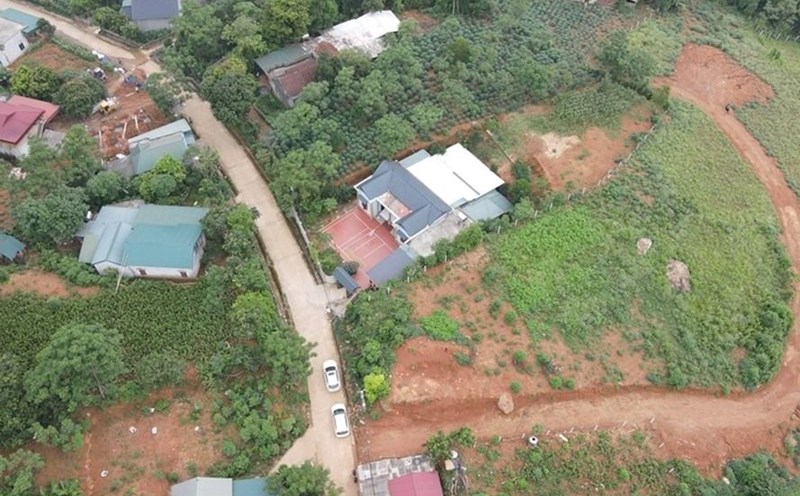Risks when buying land for perennial crops
Youme Law Firm LLC answers: According to Clause 1, Article 9 of the 2024 Land Law, land for growing perennial crops is a type of land belonging to the agricultural land group and is used for the purpose of growing crops that are planted once, grow and harvest for many years. Currently, there are many risks when buying land for growing perennial crops.
First risk, land without legal guarantee:
When conducting land transactions, legal issues are always the top priority, especially in real estate investment relationships. Therefore, the first risk often encountered when purchasing land for perennial crops is that the land for perennial crops is not legally guaranteed.
When an investor has spent a large amount of money to buy a plot of land for perennial crops but does not have land documents (pink book or any documents and information about the land), it can easily lead to unnecessary legal conflicts.
In case of dispute, handwritten or un-legally recognized land transfer documents will become useless. Therefore, if an investor buys a piece of land for perennial crops without clear legal documents, then if a dispute or lawsuit occurs, the investor will be the one at a disadvantage.
Second risk, perennial crop land is stuck in planning:
Land for perennial crops that is in the planning area cannot be transferred. Because once it is in the planning area, that land will be easily reclaimed for the State's infrastructure development purposes.
Third risk, perennial crop land is difficult to convert to residential land:
Although, land for perennial crops can be converted to residential land. However, to convert to residential land, land for perennial crops must meet the conditions of current land law and must be consistent with local development policies. When these two conditions are satisfied, land for perennial crops can be converted to residential land.
However, not all land plots that are perennial crop land can be converted into residential land. Only places with special development conditions, localities that are oriented for development by the State can easily convert perennial crop land into residential land.
Can I separate the land to grow perennial crops?
In which, separating a plot of land for perennial crops is understood as dividing the right to use land for perennial crops from the person whose name is in the Red Book to one or more other people.
Currently, the 2024 Land Law and other related documents do not prohibit agricultural land users (including land for perennial crops) from dividing land plots for residential purposes or transferring or donating them... but only stipulate the conditions for dividing land plots.
In other words, users of land for perennial crops have the right to carry out land division procedures if they fully meet the conditions for land division according to legal regulations.











